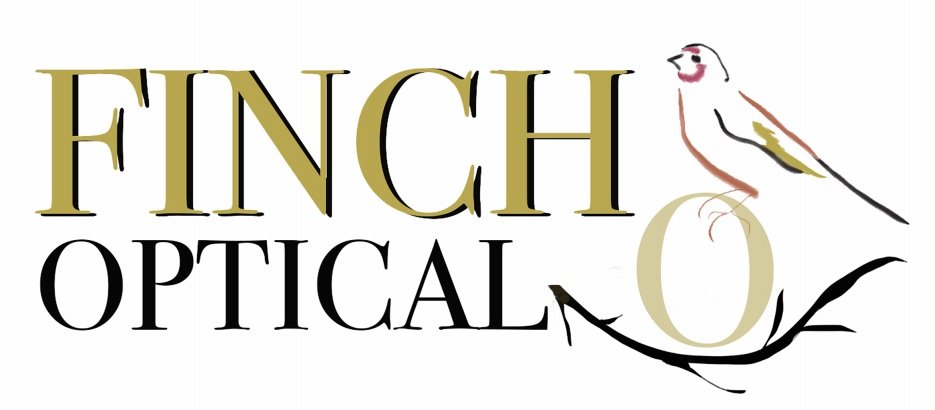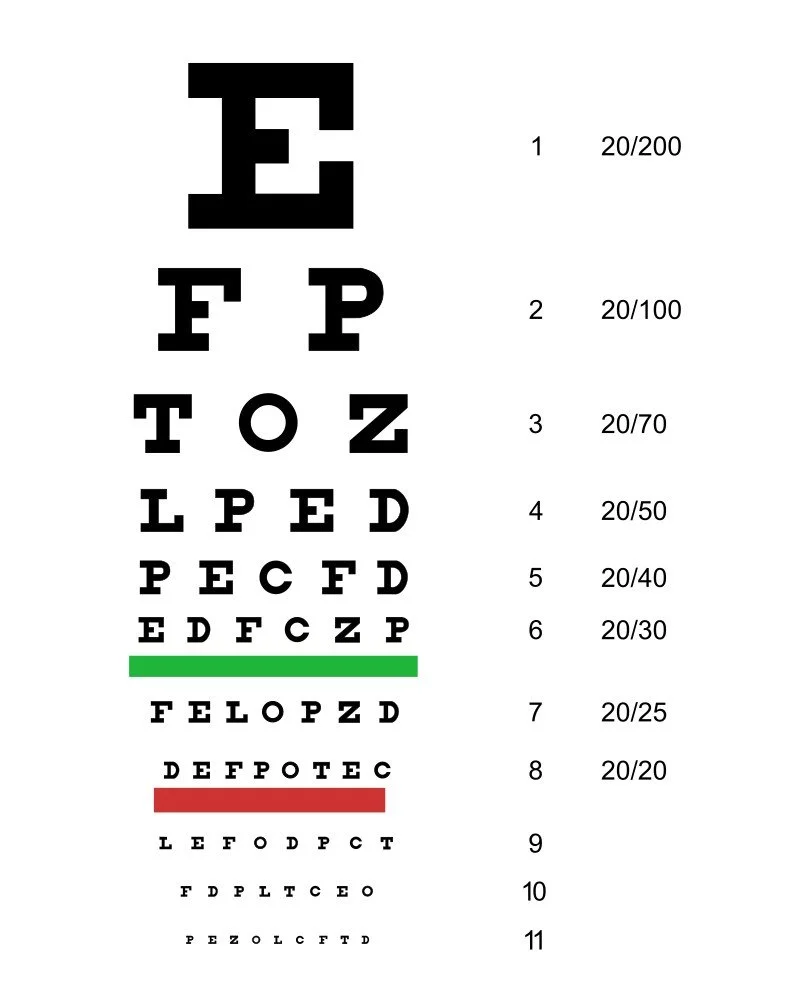Eye Examinations
A sight test, also known as an eye examination, is a routine procedure to assess your vision and eye health. It's an important part of maintaining good overall health, as it can detect not only vision problems but also underlying medical conditions such as diabetes or high blood pressure.
The sight test takes between 35 minutes and an hour and will be conducted by one of our experienced team of Optometrists. This is important to make sure the tests are carried out with in-depth knowledge and accuracy.
During your sight test the optometrist will ask you about your general health, any eye problems you've experienced in the past, and your family history of eye diseases. They will do a visual acuity test where you're asked to read letters of different sizes from a distance chart. It helps determine how well you see at various distances. They will also do a refraction test using a phoropter (a device with multiple lenses) to determine the correct prescription for glasses or contact lenses if needed. The optometrist will examine your eyes with a variety of instruments to check for any abnormalities, such as cataracts, glaucoma, or macular degeneration.
You also have the option to have OCT screening which can detect conditions up to four years before other testing methods.
The recommended frequency of sight tests varies depending on your age, overall health, and risk factors for eye disease. Most adults should have a sight test every two years, but some people may need them more often. For example, children, people with diabetes, and people with a family history of eye disease may need to have their eyes checked more frequently.
You may qualify for an NHS-funded sight test with no sight test fee to pay if you are:
Under 18 and in education; Over 60; Have diabetes or glaucoma; Over 40 and have an immediate relative with glaucoma; In receipt of certain benefits that entitle you to NHS-funded sight tests.


